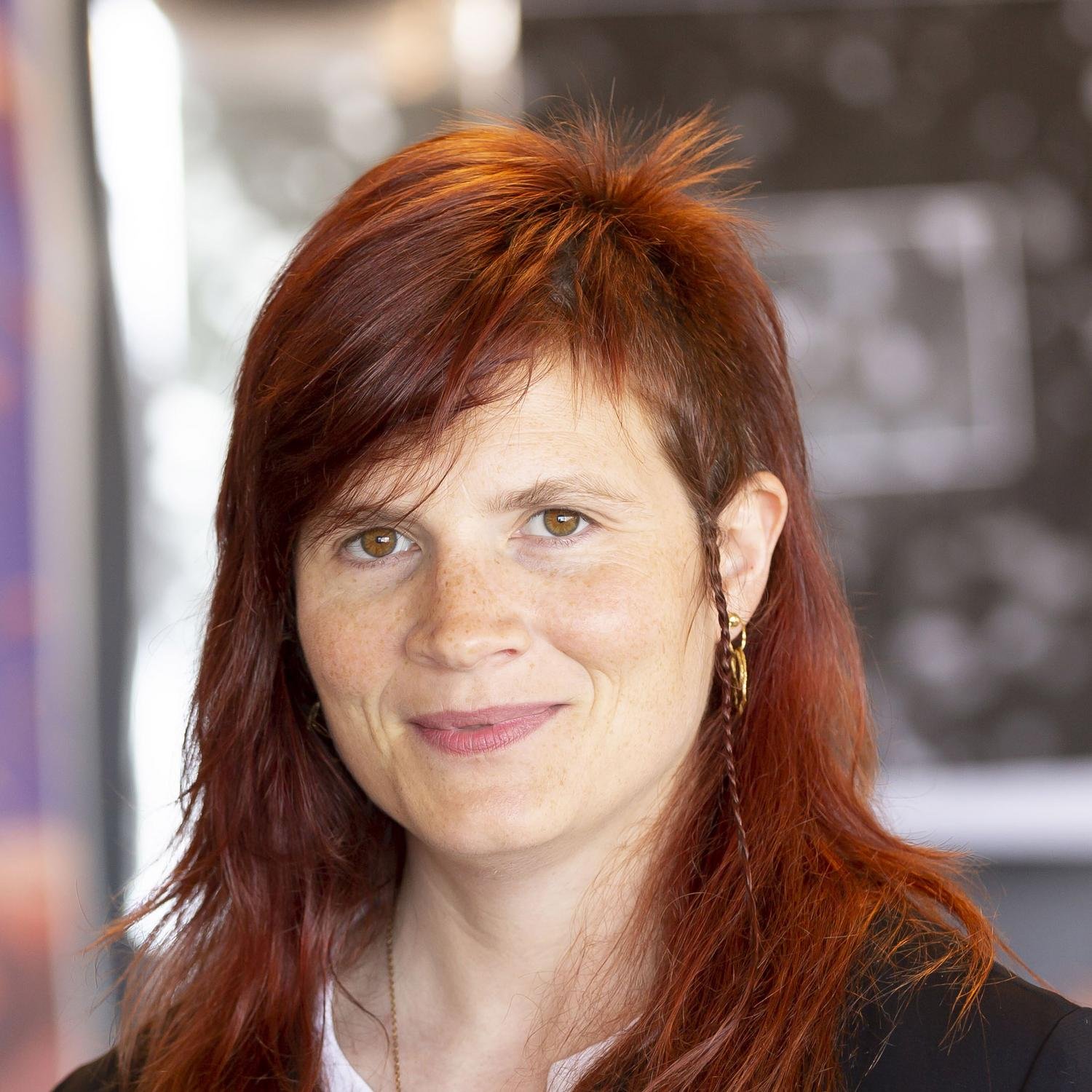EllisCities mission is to reduce the impact of the built environment on global warming by changing the way cities design and build for the future.
Our cities have been shaped by the industrial revolution. They are complex machines that bring people together to facilitate the production and movement of goods and ideas. But they are highly reactive mechanisms that grow rapidly and chaotically, all too often without a guiding strategic vision. In addition, much of the technology and infrastructure that supports them is obsolete, unsustainable and a significant contributor to global warming.
We can design cities to consume significantly less water and energy than our present urban habitats. We can make cities completely regenerative organisms, creating and recycling all their resources. We can bring nature back into our cities, not only for its beauty but also to clean and cool our air, and to assist in capturing and recycling water. This is already happening, but digitization can take this work to new levels far beyond urban designer’s former capabilities.
We believe that AI-Powered Digitization of the City is the umbrella under which we can bring the natural environment, science, technology, policy, and the pursuit of equality together towards a sustainable, living future.
-
Founding Principal
Growing up in Athens, Greece, Peter Ellis studied architecture and the design of cities at the office of Doxiades, renowned city planner. Returning to the United States, Peter received his architectural degree from Cornell University in 1971, where he chose to design an entire town for his thesis - believing that design must address all aspects of our built environment.
As a partner at Skidmore, Owings & Merrill, Peter led the design of major buildings and urban developments throughout the world, from London to Amsterdam, Berlin, Moscow, Istanbul, Shanghai, New Delhi, Dubai and Chicago. Throughout his career he has advocated that climate, culture and history should shape our buildings and cities.
In 2010, Peter formed his own company, Peter Ellis New Cities, in order to focus exclusively on design for large urban developments. Peter also moved to India for several years, where he opened a second office to carry forward the planning and building of Jaypee Sports City. With Peter’s design leadership of Jaypee, he demonstrated that the future city can be shaped by nature and culture, serve the needs of a modernizing population, and retain a relationship to local culture and history.
In 2022, Peter formed EllisCities along with Zara Ellis as an evolution of Peter Ellis New Cities, with a view towards making a meaningful impact on climate and the future of cities. In his words:
“At this point in my career, I would like to dedicate myself exclusively to the greatest challenge of our time: working with cities to implement the myriad solutions to global warming. I have learned that through design, we can bring together the best minds to focus on solutions that have the power to transform our world.”
-
Founding Principal
Zain Michael Ellis earned their BA at Sarah Lawrence College with a focus in art & philosophy, before obtaining their Masters in Architecture from the School of the Art Institute of Chicago. Zain began their professional career as an architect and urban designer at Adrian Smith + Gordon Gill Architecture and Skidmore, Owings & Merrill. They then worked with Peter on Jaypee Sports City as a designer at Peter Ellis New Cities. In recent years Zain has worked at Studios Architecture in San Francisco, designing campuses and headquarters for notable technology companies.
Zain left their studio architect role in 2021 in search of a way to accelerate and maximize their career’s positive impact on climate. They formed EllisCities in partnership with their father in 2022.
Zain is an advocate for global decarbonization and ecological reconstruction. They describe themself as a proponent of “design futurism” - the idea that we will only achieve a living, ecologically balanced future through the unification of science, technology, policy & culture under the umbrella of design.
“Design futurism acknowledges that solving for climate requires a complex field or network of solutions. Design is the act of weaving these multi-sector solutions together in systemic coordination. Like a conductor to an orchestra, design provides the future project with a guiding vision - a pattern toward which to direct the weave.”



